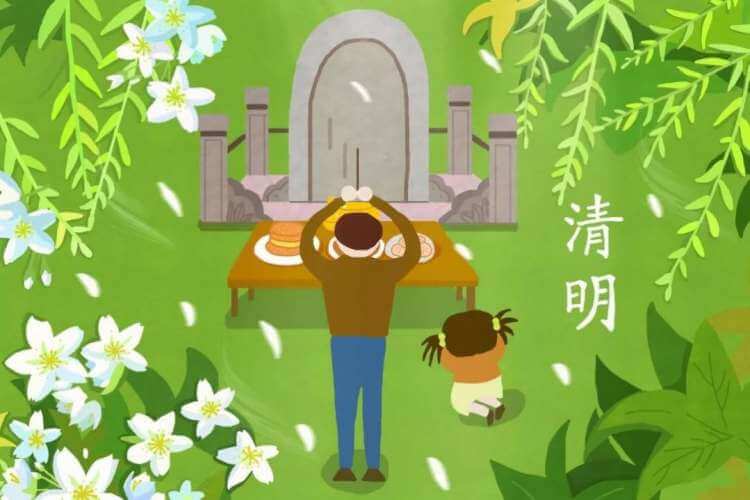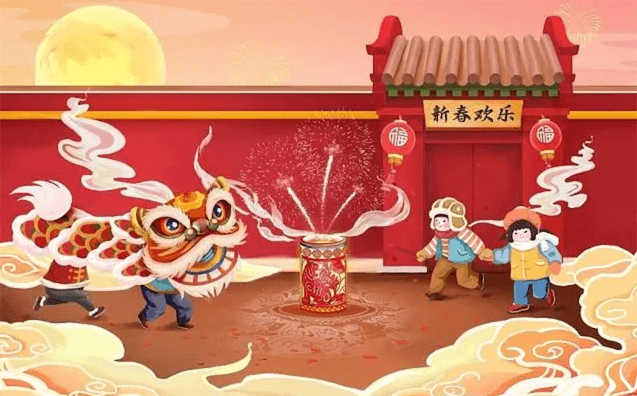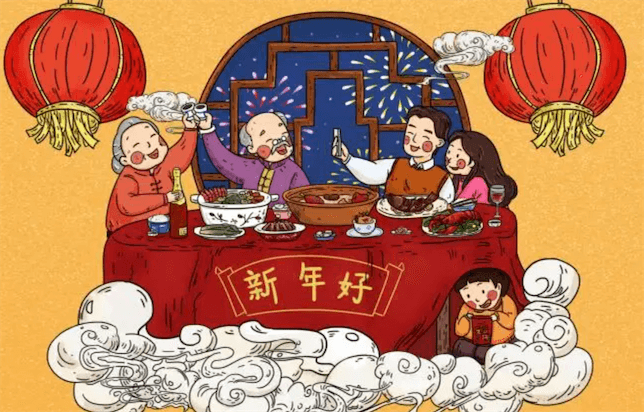清明节
- 302字
- 256阅读
The Tomb Sweeping Day is one of the traditional festivals in China. On April 5th, people start to visit their ancestors' tombs. Generally speaking, people will bring the home-made food, some fake money and paper-made mansion to their ancestors. When they start to honour their ancestor, they will light up some candles and incense, put some flowers around the tombs. The most important thing is to put the home-made food in front of the tombs. The food, also known as sacrifices, is usually made up with a chicken, a fish and some pork. It's a symbol of the offspring's respect to the ancestors. People believe that the forbears will share the food with them. The children dedicate the food and money to their forbears in order to show their love and caring. The young offspring will go down on their knees and pray for their ancestors. They can say their wishes in front of the tombs and the ancestors will make their dreams come true.
清明节是中国的传统节日之一。从每年的4月5日开始,人们就开始去祭拜自己的祖先。一般来说,人们会带一些自制的食品,冥币和祭品烧给他们的祖先。当人们开始拜祖的时候,就会点燃蜡烛和香火,在坟墓周围挂上鲜花。最重要的事情是把祭祀的食物摆在坟墓前。这些食物,又称之为祭品,通常由一只鸡、一条鱼、一些猪肉组成。这是后代对祖先所表示的一种尊重。人们认为老祖宗会和他们一同分享美食。后代们献上食物和钱财表示他们对先人的爱和关心。晚辈们则会跪在坟前,说出自己的心愿,向先人祷告,让祖宗保佑自己的愿望得以实现。

In some provinces of China, people use different activities to commemorate this day, for instance, spring-outing, swinging, tree planting and making special food. One special food is Ay Tsao rice balls. It looks like Tang-yuan, but its color is green. Mix the ay tsao juice with the rice powder, then make it into small balls. The Ay Tsao rice ball is done. People believe that eating ay tsao rice balls can get rid of the bad luck and everything will go smoothly. Other activities such as spring outing, tree planting are the other ways to commemorate the forbears. For one thing, it is a sign that people should look into the future and embrace the hope; for another thing, we do hope our ancestor rest in peace.
在中国的某些省份,人们通过举行不同的活动来纪念清明节。例如:春游、荡秋千、植树以及做特殊的食物。其中一种特别的小吃叫艾粑粑。艾粑粑看起来像汤圆,但它的颜色是绿色的。把艾草汁和糯米粉混合在一起,搓成小球,艾粑粑就做好了。人们认为吃艾粑粑能祛除邪气,让诸事顺利。其余的活动,例如春游、植树都是纪念先人的方式之一。一方面,这些活动告诉人们要展望未来,拥抱希望;另一方面,我们希望先人能安息。



